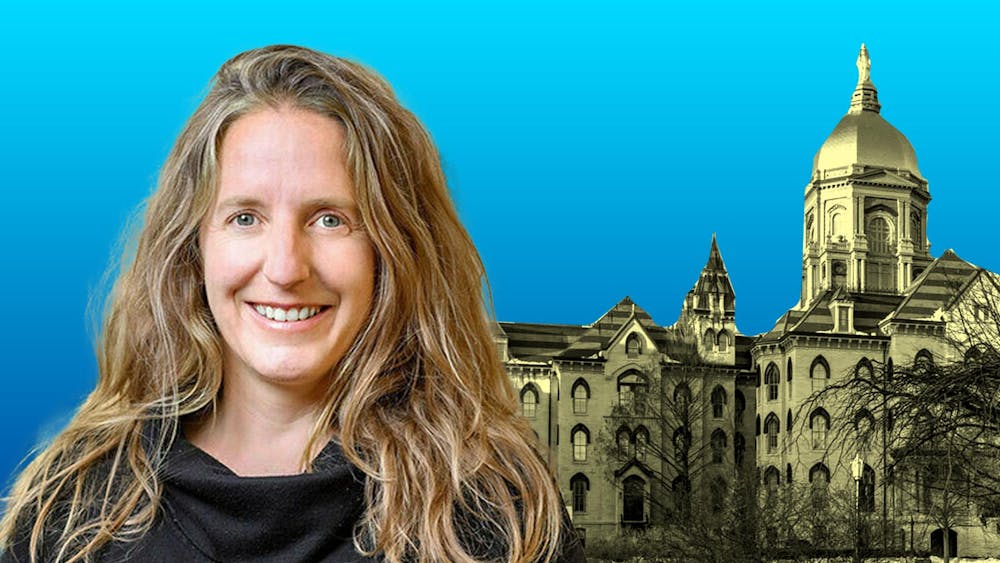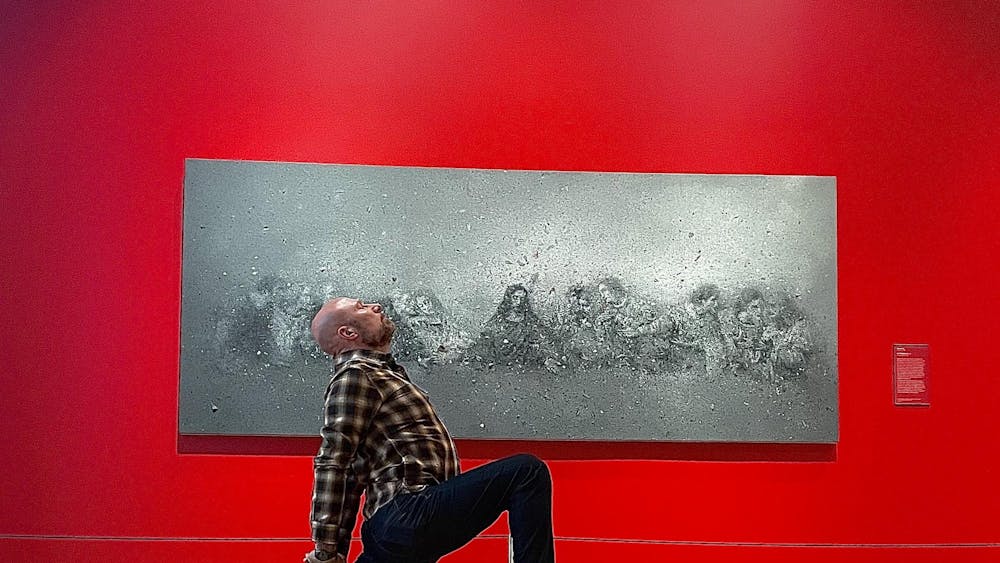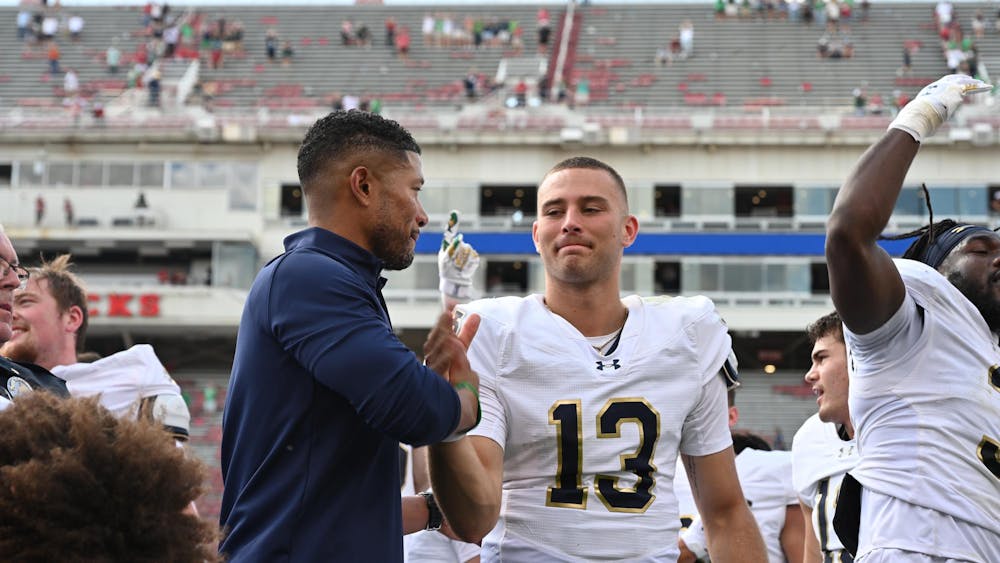Now that we are over a year out from the events that took place Jan. 6, 2021, perhaps it is time to take a closer look at the multiple actors related to the incident at the Capitol and investigate the causes and environment surrounding the dialogue about the event.
Pharos, a Vassar College-run website focusing on debunking the myths surrounding the false appropriations of classical antiquity by white supremacists and other organizations, published articles and other content in response to events like Jan. 6. Their self-defined mission is so “classical scholars, students and the public more broadly, can learn about appropriations of Greco-Roman antiquity by hate groups. In addition, we aim to help teachers incorporate this material into curricula in ways that allow students to recognize and challenge the persistence of white supremacist narratives around Greco-Roman antiquity.”
One organization brought up in the post-Jan. 6 dialogue is the Proud Boys.
Among the Proud Boys’ core beliefs and agenda is to promote “Western Values.” And indeed, the group’s website describes them as “Western Chauvinists” who “refuse to apologize for creating the modern world.”
The Anti-Defamation League (ADL) describes their ideology in greater detail: “The Proud Boys are a right-wing extremist group with a violent agenda. They are primarily misogynistic, Islamophobic, transphobic and anti-immigration. Some members espouse white supremacist and antisemitic ideologies and/or engage with white supremacist groups.” The Southern Poverty Law Center also has more details on the organization.
Following Jan. 6, Trump addressed the Proud Boys directly in a statement, saying: “Stand up and stand by…somebody’s got to do something about Antifa and the left.”
Former President Trump’s statement, while not directly inciting violence by this known hate group, triggered a strong response in the media, generating a lot of public outrage. It granted legitimacy and recognition to what is supposed to be a fringe extremist group; and, it overall contributed to the justification by some of the events that took place Jan. 6. But, turning to the inner workings of the Proud Boys themselves as a group, how do they legitimize their cause and beliefs?
Depending on your experience with the classics, it may or may not come as a surprise to you that the “traditional Western values” the Proud Boys and similar organizations tout as their own have their roots in classical Greco-Roman antiquity. Or do they?
At first glance, it is possible and even easy to believe that these values align — Pharos discusses the themes of masculinity and fitness that are stressed by both groups. For example, throwing a punch: Throwing a punch is an “essential skill” along your journey to manhood, according to the Proud Boys, and in Sparta it was an “ultimate example of a warrior society.” Themes of violence, “toxic” masculinity, militarization, call to arms and duty fall among these “shared” — but really just co-opted — traits.
Pharos writers speculate on the possible causes for the Proud Boys to draw from classical antiquity: Invocations of violence from ancient history are intended to make more recent — or present day — violence legitimate, because ancient “empires” tend to be admired rather than recognized as imperialist war machines. The Proud Boys are hardly the only boys to participate in this trend. Examples of the misappropriation of the classics to suit white supremacist causes abound.
As an academic community, what is our role both within the discipline and within the liberal arts as a whole to discuss and combat the misappropriation of such central teachings as the values of early Western civilization? What responsibility do we bear to set the record straight and to de-legitimize these misappropriations?
Alexa Schlaerth is a sophomore at the University of Notre Dame pursuing degrees in Chinese and philosophy. As an Angeleno, Alexa enjoys shopping at Erewhon Market, drinking kombucha and complaining about traffic because it’s “like, totally lame.” Alexa can be reached at aschlaer@nd.edu over email.
Misappropriating the Classics
The views expressed in this column are those of the author and not necessarily those of The Observer.









